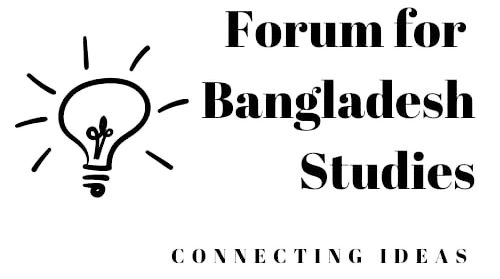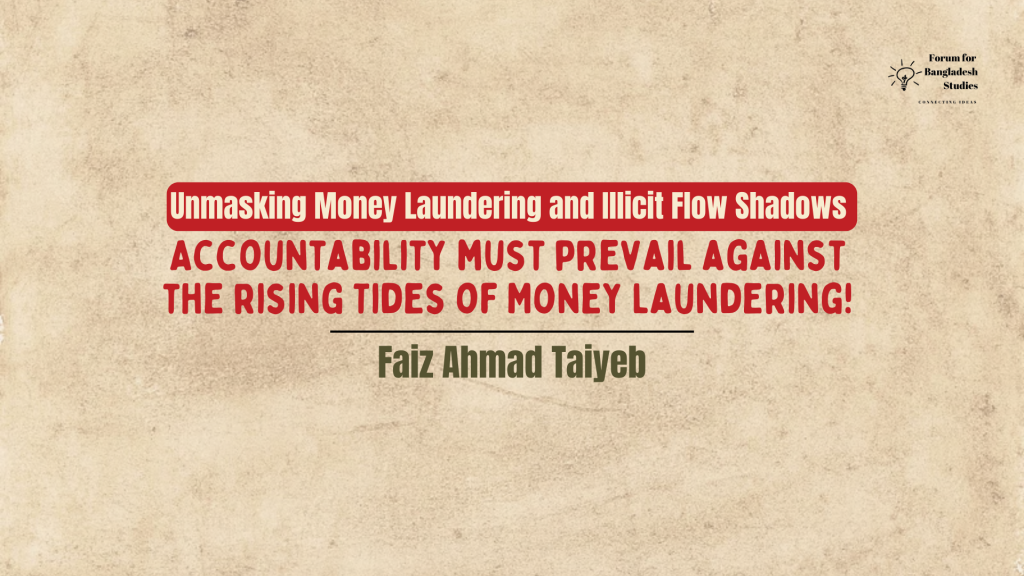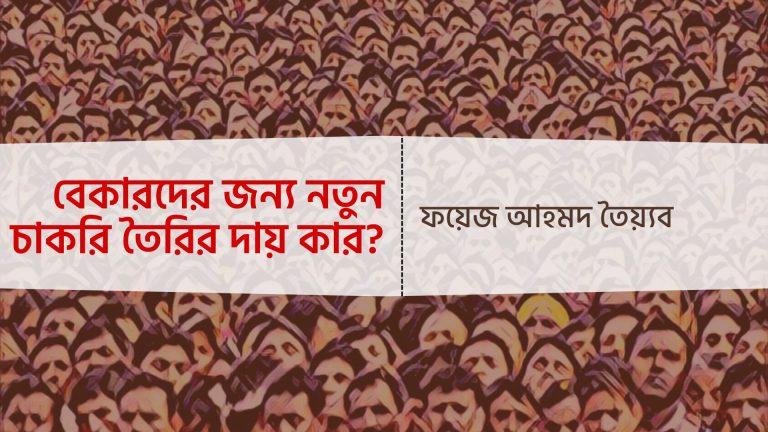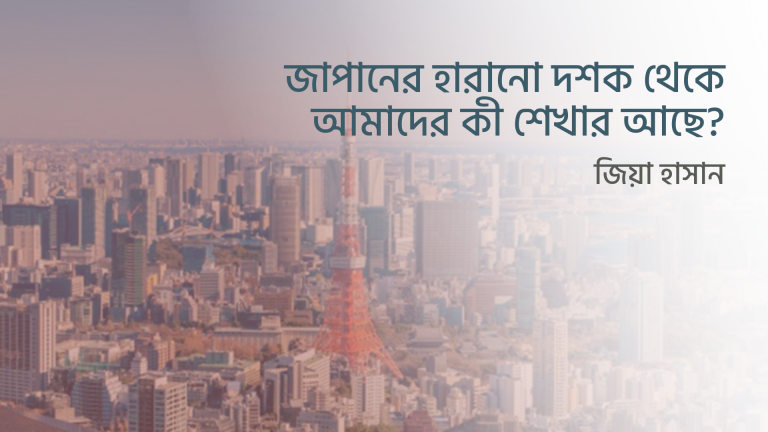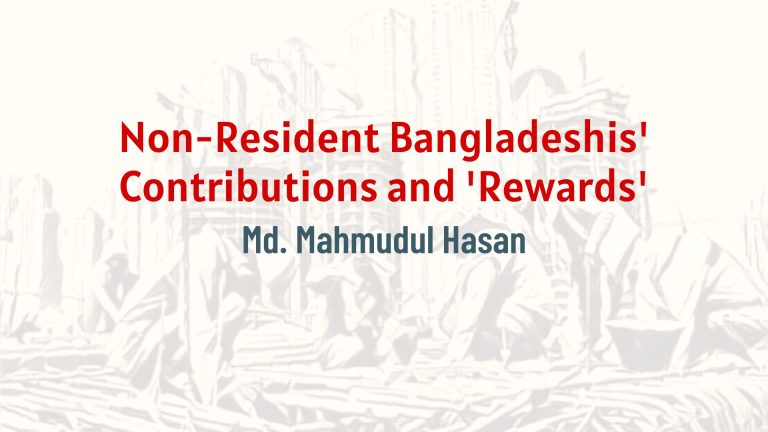Global Financial Integrity (GFI) is a Washington, DC-based think tank that focuses on illicit financial flows, corruption, illicit trade and money laundering, has published a number of reports on money laundering in Bangladesh, including: ‘Bangladesh: Illicit Financial Flows to Tax Havens’ (2013), ‘Bangladesh: Trade-Based Money Laundering’ (2015) & ‘Bangladesh: The Billion Dollar Meltdown’ (2018).
These reports have found that Bangladesh is a major source of illicit financial flows, with billions of dollars being laundered out of the country each year. The main methods of money laundering in Bangladesh include trade mis invoicing, over-invoicing, under-invoicing, and hundi. Trade mis invoicing is the most common method of money laundering in Bangladesh. It involves falsifying the value of imports and exports in order to move money illegally across borders.
According to the GFI report, $61.63 billion was smuggled out of Bangladesh in 10 years (2006 to 2015), Bangladesh loses $8.27bn annually over trade mis-invoicing. By 2030, GFI predicts it could exceed $14 billion per year. In 2017, according to the calculations of the Central Bank of Switzerland, the amount of money deposited by Bangladeshis in the country’s banks increased by about twenty percent compared to the previous year. Bangladeshis are in the third top position in the list of participation in Malaysian second home program. Money laundering to Canada is at a new height, which is termed as Begumpara. In 2023, Bangladesh customs authorities have found that 33 readymade garment factories and buying houses laundered at least Tk 821 crore over the last six years.
Former Finance Minister Muhith did not take into account the allegations of money laundering. He said in the parliament, ‘Money laundering is not a big deal in reality. Yes, there is indeed some money laundering. It is insignificant’. The current finance minister claimed he don’t even know the matter! In such a context, the political will of the government to prevent money laundering from Bangladesh is constantly being questioned. Bangladesh’s Financial Intelligence Unit (FIU) has no visible action, rather it stopped supplying trade data to GFI!
While there is no single international authority responsible for recovering laundered money, several mechanisms and institutions work together to address this issue. There are a number of international laws & conventions that can be used to claim laundered money back. These include: MLATs, UNODC, UNCAC, ARAMP etc. These agreements provide a framework for cooperation between countries in combating money laundering, terrorist financing, and other financial crimes.
Bangladesh has its own Money Laundering Prevention Act, which criminalizes money laundering and provides for the confiscation of laundered assets. Sadly, the country is not using any tools to recover laundered money! The process of claiming laundered money back typically involves:
- Identifying the laundered money, persons, groups and laundered money location.
- Gathering evidence to support the claim that the money was laundered.
- Filing a lawsuit in the country where the money is located.
- Obtaining a judgment from the court.
- Enforcing the judgment in the country where the money was laundered.
The standard international process for returning laundered money is through mutual legal assistance (MLA). MLA is a mechanism by which countries can request and provide assistance to each other in criminal matters. This can include assistance with gathering evidence, interviewing witnesses, and freezing or seizing assets.
The United Nations Office on Drugs and Crime (UNODC) provides a number of resources to help countries combat money laundering and recover laundered assets. These resources known as Asset Recovery Networks (ARN), focus on facilitating the recovery of stolen assets. They provide technical assistance and capacity-building support to countries seeking to recover assets. These resources include:
- The Stolen Asset Recovery (StAR) Initiative, which provides technical assistance to countries in recovering stolen assets, it runs by the World Bank. The World Bank’s Asset Recovery and Asset Management Program (ARAMP), provide technical assistance and support to countries in recovering stolen assets.
- The UNODC Global Programme on Money Laundering, which develops and disseminates tools and knowledge to help countries combat money laundering.
It is widely believed that Bangladeshi money laundering is politically motivated, it is facilitated by the politicians, parliament members, ministers, businessmen, politicized banking administrators, regulators & the bureaucrats. Hence there should be a strong & transparent ‘political will’ to start the recovery laundered money for Bangladesh. Bangladesh needs to initiate recovery efforts, seeking expertise locally and abroad. Some key aspects of international efforts to combat money laundering and recover illicit funds are:
- Mutual Legal Assistance Treaties (MLATs): These mutual treaties enable authorities in one country to request assistance from another country in gathering evidence, freezing assets, and recovering funds related to money laundering and other financial crimes. Bangladesh has signed a number of Mutual Legal Assistance Treaties (MLATs) with other countries. These treaties provide a framework for cooperation between countries in criminal matters, including the exchange of information, the taking of evidence, and the extradition of fugitives.
Some of the countries with which Bangladesh has signed MLATs include: India (2011), US (2012), UK (2013), China (2015), Singapore (2015), South Korea (2016), Malaysia (2017), Russia (2018), Vietnam (2019), Sri Lanka (2020), Myanmar (2021). Among Bangladesh’s popular money laundering destinations, Canada, Cyprus, Switzerland are missing. Switzerland has already showed interest, for some unknow reason Bangladesh is keeping quiet!
These MLATs can be used to start recovery process & help Bangladesh investigate and prosecute a variety of crimes, including money laundering, drug trafficking, terrorism, and corruption. These agreements provide Bangladesh (if they want) with the legal tools it needs to cooperate with other countries in investigating and prosecuting criminals.
- United Nations Convention against Corruption (UNCAC): UNCAC is a global treaty that addresses corruption-related issues, including the recovery of assets obtained through corrupt practices. It establishes principles and guidelines for the return of stolen assets to their countries of origin. UNCAC requires countries to cooperate with each other in investigating and prosecuting money laundering cases.
The UNCAC Review Mechanism (CRM) is a peer-review mechanism that assesses the implementation of UNCAC by its States Parties. Bangladesh has been reviewed by the CRM twice, in 2010 and 2016. The CRM has identified a number of areas where Bangladesh needs to improve its implementation of UNCAC, including:
- Strengthening the independence of the Anti-Corruption Commission
- Improving the transparency of public procurement
- Increasing the accountability of law enforcement officials
Bangladesh is committed to implementing UNCAC and fighting corruption, unfortunately the government has not taken visible steps to address the concerns raised by the CRM .
Bangladesh have asset forfeiture laws and mechanisms in place (Anti-Money Laundering Act, 2012), but there is no independent institution created, so those lawsuit is non-functional. The anti corruption commission & the Financial Intelligence Unit (FIU) both are The top appointments of both institutions are considered on party basis. Officials are subject to political will and are themselves involved in corruption and smuggling.
Bangladeshi Banks and financial institutions lack robust anti-money laundering (AML) and know-your-customer (KYC) procedures in place. They do not report suspicious transactions on routine basis and the law enforcement agencies in also do not conduct investigations unless they are politically instructed!
Recovering laundered money involves a complex, multi-jurisdictional process that requires cooperation between countries, law enforcement agencies, financial institutions, and international organizations. It is crucial for countries to have effective legal frameworks, strong AML measures, and the political will to combat money laundering and facilitate the return of stolen assets. While there is no guarantee of success in every case, international efforts are continually evolving to enhance the effectiveness of asset recovery mechanisms. Even the most successful countries only recover a small fraction of the money that is laundered each year. Yet the US & the UK has had some great success in recovering laundered money in recent years. The UK has a number of specialized agencies that are dedicated to combating money laundering, and it has a strong track record of working with other countries to recover laundered assets.
Despite the challenges, it is important for countries to continue to fight money laundering. Money laundering is a serious crime that undermines the integrity of the financial system and facilitates other crimes like terrorism & corruption. By recovering laundered money, countries can deter criminals, protect their financial systems, and promote justice.
